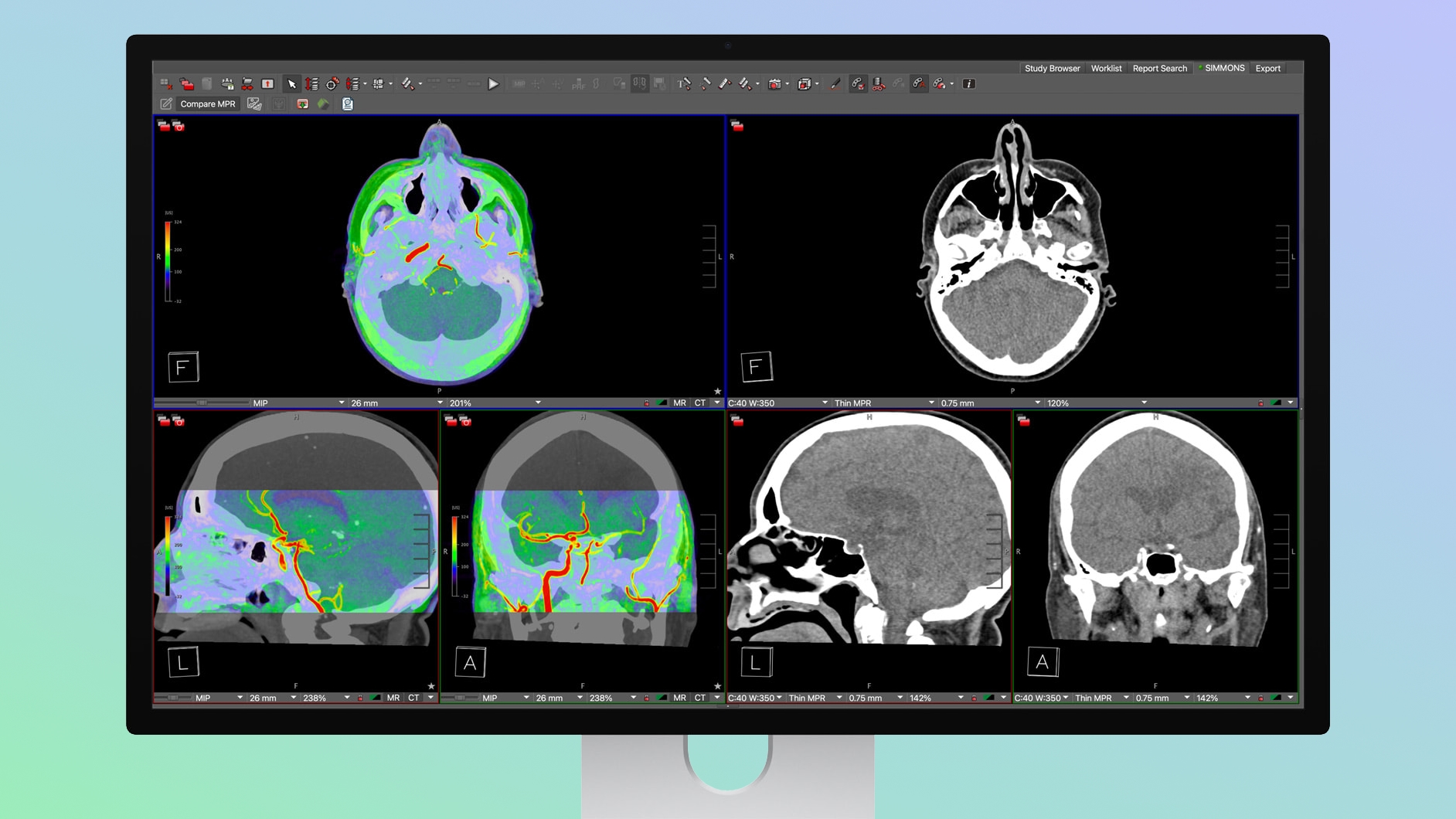As generative AI (genAI) continues to move into broad use by the public and various enterprises, its adoption is sometimes plagued by errors, copyright infringement issues and outright hallucinations, undermining trust in its accuracy.
One study from Stanford University found genAI makes mistakes when answering legal questions 75% of the time. “For instance,” the study found, “in a task measuring the precedential relationship between two different [court] cases, most LLMs do no better than random guessing.”
To read this article in full, please click here
As generative AI (genAI) continues to move into broad use by the public and various enterprises, its adoption is sometimes plagued by errors, copyright infringement issues and outright hallucinations, undermining trust in its accuracy.One study from Stanford University found genAI makes mistakes when answering legal questions 75% of the time. “For instance,” the study found, “in a task measuring the precedential relationship between two different [court] cases, most LLMs do no better than random guessing.”To read this article in full, please click here Read More Computerworld


















+ There are no comments
Add yours